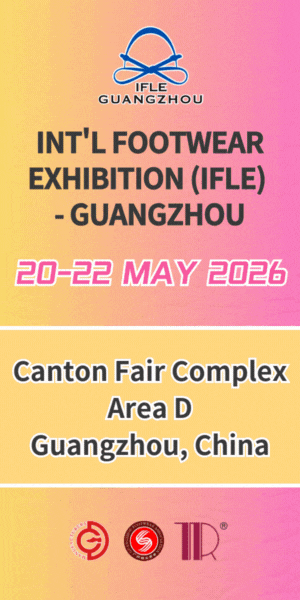PPR issues sustainability guidance to brands over leather
28/06/2012
Paris-based PPR, whose footwear and leathergoods brands include Bottega Veneta, Gucci, Balenciaga, Puma, Yves Saint Laurent and Sergio Rossi, announced the new guidelines as part of a wider sustainability programme at its 2012 annual general meeting.
Specific to leather, the group said 100% of leather from domestic livestock (that is, non-exotic leather) in PPR products will be from “responsible and verified sources that do not result in converting sensitive ecosystems into grazing lands or agricultural lands for food production for livestock”.
At the same time, it said all exotic skins would come from verified captive breeding operations or from wild, sustainably managed populations.
Suppliers of leather to PPR brands will employ “accepted animal welfare practices and humane treatment in sourcing”, it added. The group said it would monitor performance, making monitoring of its suppliers of leather and other raw materials a priority. It said it wanted the different brands in the group to customise their own action plans and to identify priority issues so that they can achieve the 2016 group targets.
PPR’s support of leather remains strong and its sustainability programme also includes a commitment to making all its collections free from polyvinyl chloride, often used as a synthetic substitute to leather, by 2016.
“The next five years are pivotal and we now have a clear view of what we want to achieve, and the actionable targets we need to take to get us there,” said chief executive, Francois-Henri Pinault. “We are confident that this type of innovative, sustainability-driven approach will ultimately generate new business revenues from sustainable products and services and create new business models for us as a group.”








